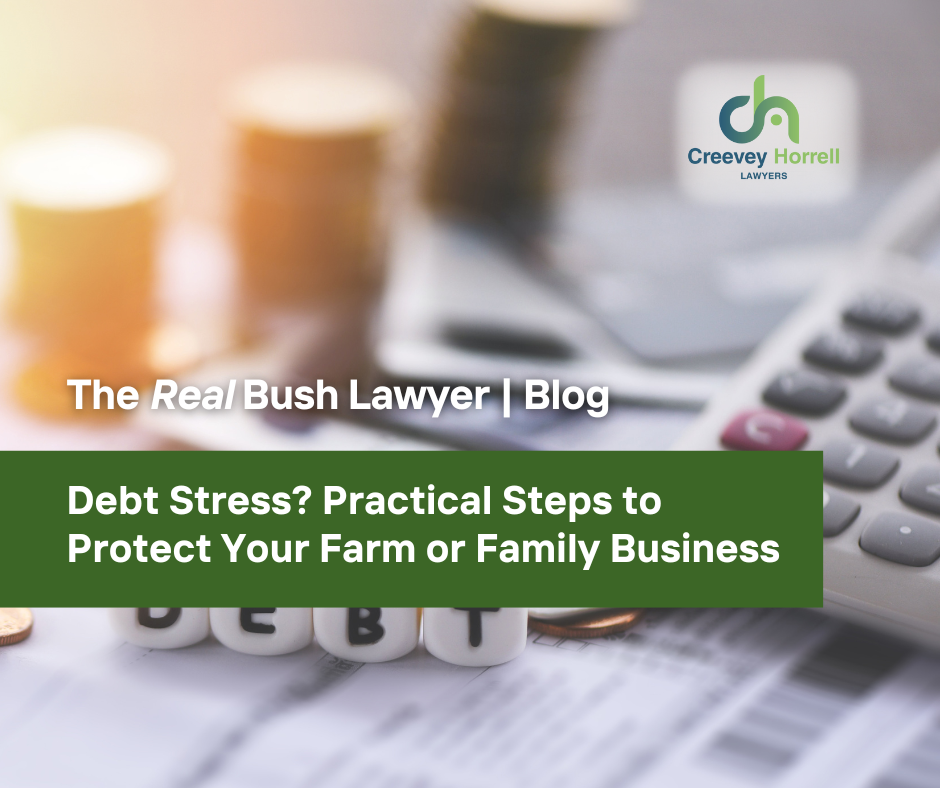A NUISANCE TO SOCIETY | THE PUBLIC NUISANCE OFFENCE, CRIMINAL LAW
- yyong59
- Jul 13, 2022
- 2 min read

We have all heard of the term ‘being a nuisance’ however may not fully understand the weight of its bearings in Australian law; what the police must prove, the extent of certain behaviours and legal consequences.
Through the lens of legal legislation, ‘public nuisance’ means to commit an act that is either harmful or offensive to the public or a member of its’ community.
To what extent of inappropriate behaviour does the law see as a chargeable offence? Who should proceed with caution?
What behaviour constitutes committing a ‘public nuisance’ offence?
The Summary Offences Act 2005 – SECT 6 dictates the behaviour involved in the action of committing a “public nuisance” offence, as it states: (2) A person commits a public nuisance offence if—
(a) the person behaves in—
(i) a disorderly way; or
(ii) an offensive way; or
(iii) a threatening way; or
(iv) a violent way; and
(b) the person’s behaviour interferes, or is likely to interfere, with the peaceful passage through, or enjoyment of, a public place by a member of the public.
What the police need to prove
For the police to be successful they must prove beyond a reasonable doubt that the aforementioned behaviours were displayed by the defendant and it interfered with the peace of the community.
The concept of what is disorderly, offensive, threatening or violent behaviour will vary depending on the case at hand – the time, the place committed, and the circumstances.
However, an example of public nuisance could be using obscene, offensive or threatening language in a shopping centre.
What would not fall under the public nuisance charge would be acts of urinating in public or being drunk in public. Those acts are specific offences, bringing forth their own consequences.
Penalties for Committing a Public Nuisance Offence
As defined in The Summary Offences Act 2005 – SECT 6, the maximum penalty for public nuisance is —
(a) if the person commits a public nuisance offence within licensed premises, or in the vicinity of licensed premises—25 penalty units or 6 months imprisonment; or
(b) otherwise—10 penalty units or 6 months imprisonment.
Convicted Of a Public Nuisance Offence - How to Ensure the Best Outcome
Whilst the penalties may not be on the severe end of the spectrum, if you want to minimise any disruptions to your life moving forward, a criminal lawyer will be able to help you. As there are varying elements to each case – anyone facing charges will always benefit from seeking professional advice early on.
Experienced in all areas of the law, specialising in Criminal Law, Creevey Russell Lawyers are well equipped in safeguarding your future.
Let us guide you through.
To get speaking with our team you can:
Call our 24/7 service line on 1800 2746 3529 or email creeveyrussell@crlawyers.com.au
#legal#lawfirm#lawyers#law#lawyer#litigation#attorney#creeveyrussell#creeveyrusselllawyers#criminallawyers#agribusiness#rurallaw#CommercialLaw#crimeandmisconduct#brisbanelawyers#domesticviolence#familylaw#trafficoffence#willsandestates#romalawyers#247crimehotline#realestate




.png)




Comments